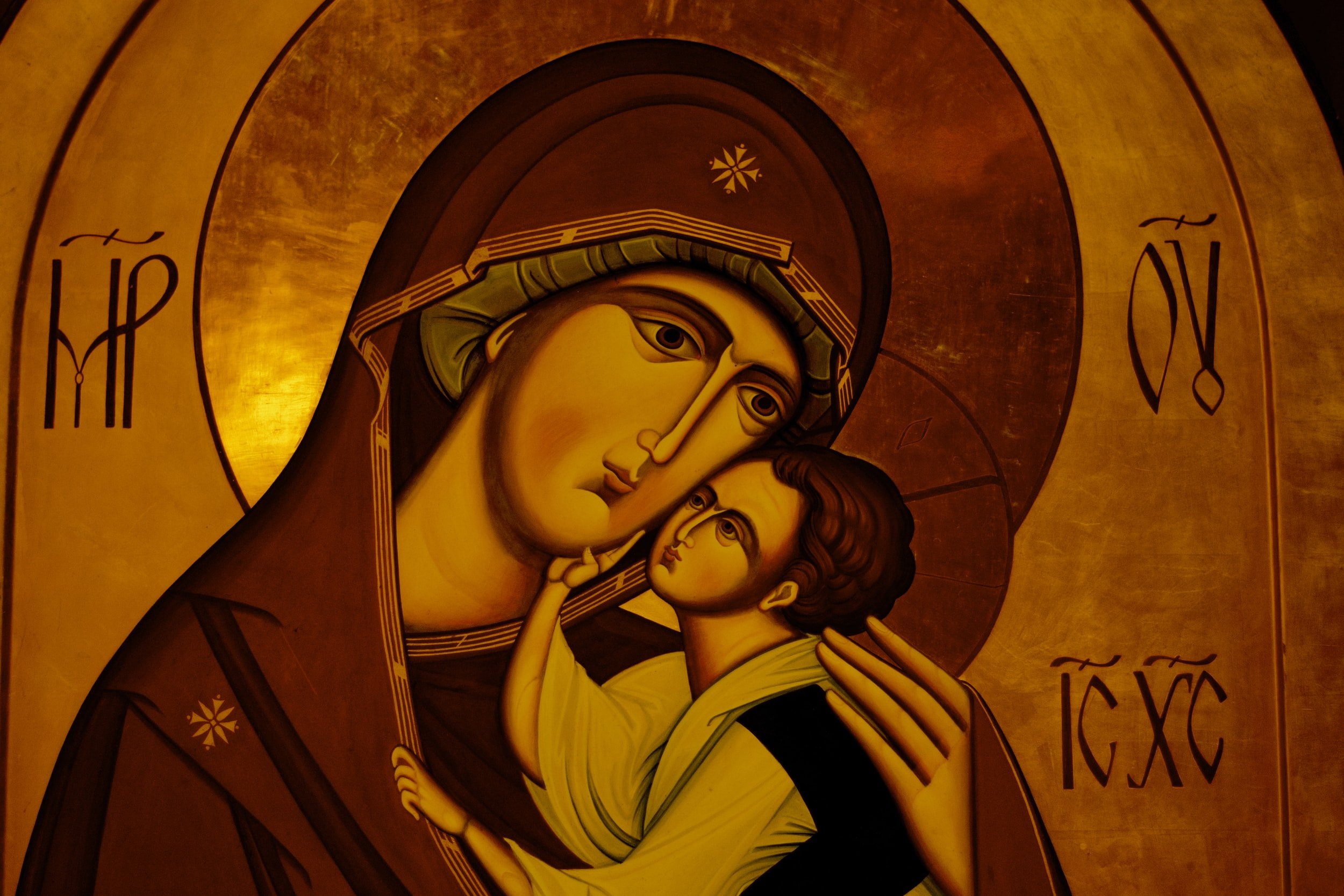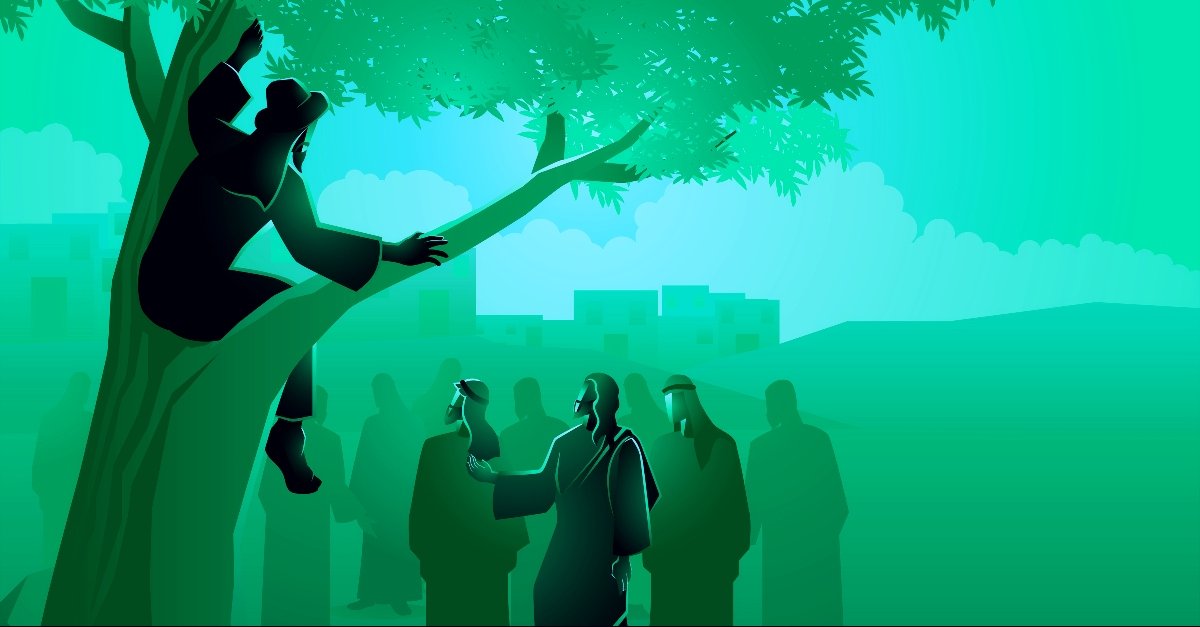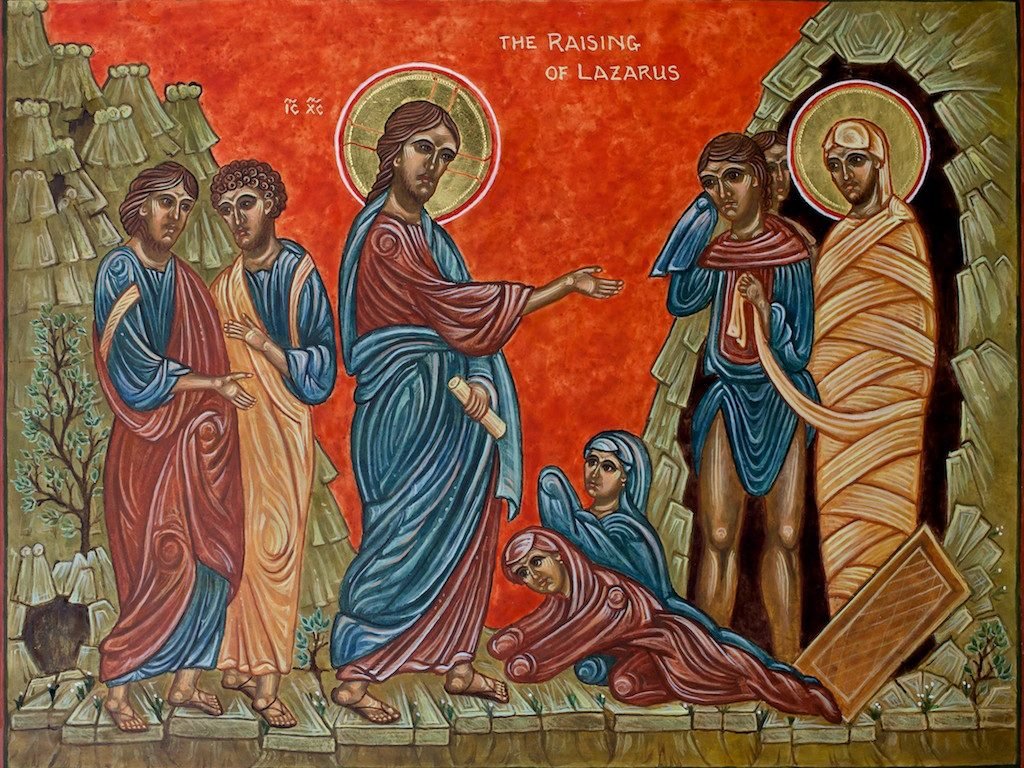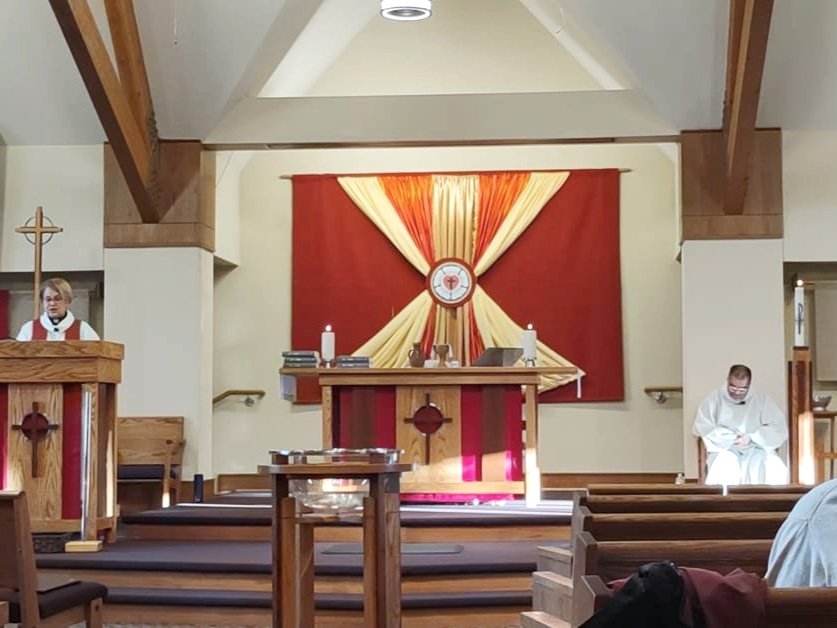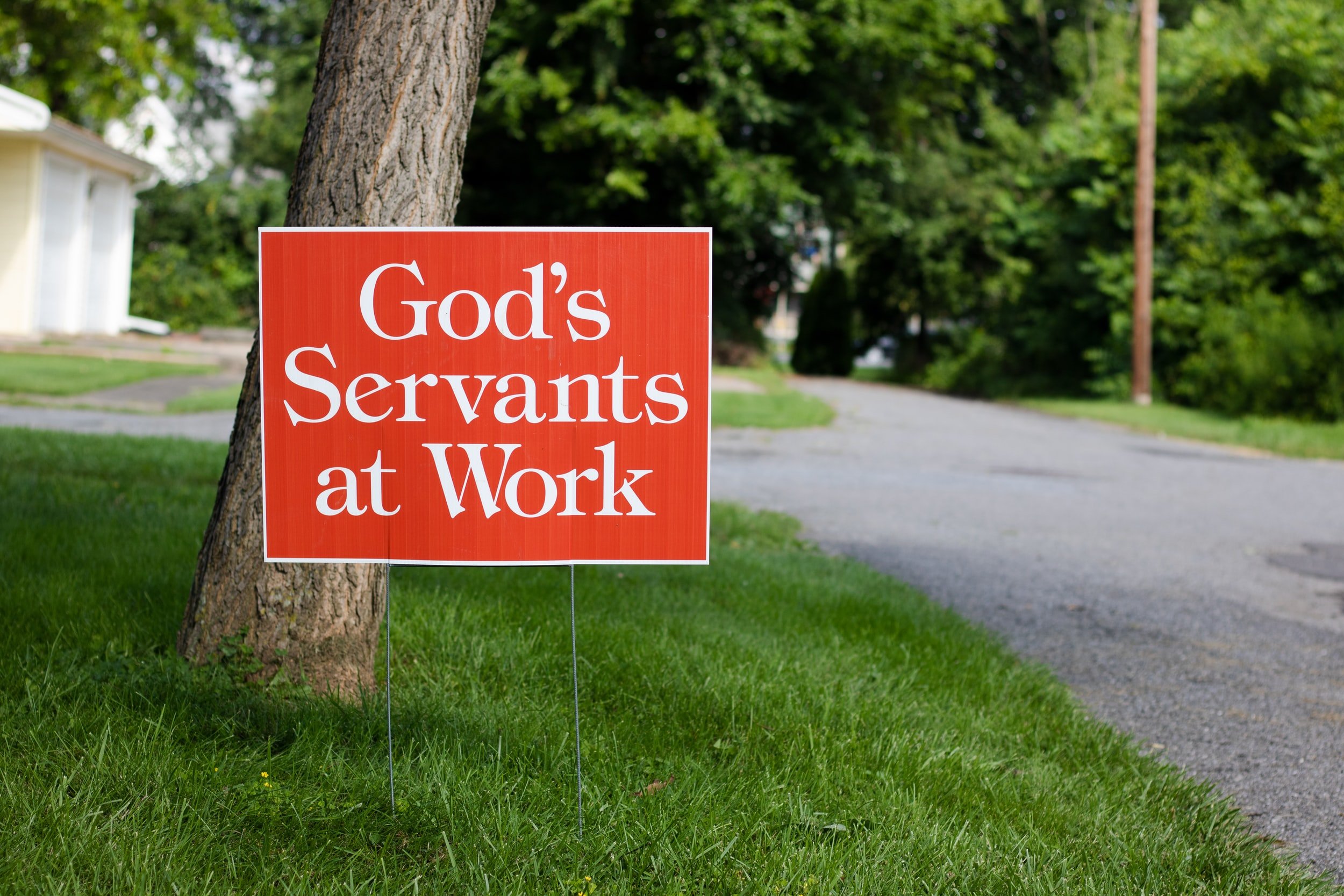
Sermons

Whose Story are You Living Out?
WHOSE STORY ARE YOU LIVING OUT?
Psalm 91:1-2, 9-16; Romans 10:8b-12; Luke 4:1-13
1st Sunday in Lent, March 6, 2022
Pastor Ritva H Williams
This morning, we meet Jesus in the wilderness having a conversation with the devil. No doubt, the devil has been watching Jesus, sees that Jesus ate nothing at all for 40 days and is now famished — not just hungry but famished. The devil figures that this might be a good time to test Jesus’ values and commitments.
Underlying the dialogue between the devil and Jesus are two competing storylines. The devil’s storyline challenges Jesus to prove that he really is God’s beloved Son by relying on his superpowers to feed himself. The devil’s story promotes self-indulgence, self-reliance, and a huge ego-trip. If you worship me I’ll make you great by giving you all the glory and authority of all the nations on earth. The devil’s storyline promotes the lie that he — Satan — has power over all the nations and the authority to give that power to anyone he wishes. The devil challenges Jesus to test God’s love for him by throwing himself off the pinnacle of the temple because the Bible says God will command his angels to protect him. The devil’s quotes Psalm 91 out of context, twists, and turns it upside down. The devil’s storyline can be summed up as 3 diabolical commandments:
you shall let your cravings drive your actions
you shall do whatever is necessary to get as much glory and power as possible
you shall draw as much attention to yourself as possible in the most dangerous ways imaginable
Jesus’ responses to the devil reveal a different storyline. Jesus relies on God’s word which teaches us that humans do not live by bread alone, that we are to worship and serve God alone, that we are not to test God. In Jesus’ storyline, God is the source of life and nourishment for the body, the mind, and the soul. In Jesus’ storyline, acquiring glory and power are not the be-all and end-all of human life, especially if it means worshipping anything or anyone other than God. In Jesus’ storyline, there is no need to test God’s love for human beings because God is by definition gracious, merciful and abounding in steadfast love. Just as Jesus did not have to do anything to earn his identity as God’s beloved Son, neither do we. It is a given, rooted in the image of God that each of us bears.
Jesus’ story is rooted in God’s holy word, and lifts up the two great commandments as:
you shall love the Lord your God with all your heart, your mind, your soul and your strength.
you shall love your neighbor as yourself (and yes your neighbor includes your enemy)
Jesus adds one more commandment, “you shall love one another as I have loved you.”
Jesus promotes a story that focuses on relationships — our relationship with God and with the Christ, our relationships with each other and with our neighbors (even the ones we think are our enemies).
We live in a world of competing stories. The season of Lent is an appropriate time for us to pause and think deeply
“Whose story are you living out?”
Just one example, there are competing storylines around the COVID pandemic. A study published in November 2021, showed that 78% of American adults believe or aren’t sure about at least one of eight false statements about the COVID pandemic, and nearly a third believe at least four of eight false statements. People act out these beliefs by rejecting vaccines, refusing to wear masks, physical distance, or take other public health precautions. The story people tell to justify their action often uses the word “freedom.”
As one blogger writes, “By freedom, Americans mean the desire and the right of all individuals to control their own destiny without outside interference from the government, a ruling noble class, the church, or any other organized authority. There is, however, a cost for this benefit of individual freedom: self-reliance. Individuals must learn to rely on themselves or risk losing freedom. They must take responsibility for themselves … Self-reliance means that Americans believe they should take care of themselves, solve their own problems, and “stand on their own two feet.” That is one storyline about freedom in America. Another storyline described by Steven Tipton, a professor of sociology and religion at Emory University describes freedom as an act of defiance, a way of saying, ‘You can’t make me.’ And I will enact my own freedom even if it kills me and others around me who I love.’
The reason I’m talking about this issue today is because your elected congregational officers and council are going to be spending some time today during our retreat working out a revised policy regarding mask wearing here at St. Stephen’s. What that means is that we will be thinking about the storyline that we are trying to live out here in this community of faith in the midst of a pandemic that is not yet over, and the evolution of which we cannot predict. It is an issue that has been on my heart since the announcement of the new CDC guidelines which are extremely vague.
On a more personal level, we are all bombarded by cultural messaging through advertising in print and electronic media that tell us we are not good enough, perfect enough, thin enough, beautiful enough, powerful enough, successful enough, mark enough, safe enough, famous enough and so forth. There are storylines are promote division by encouraging us to constantly compare and rank each other, to keep up with the Joneses, to put down those who are different.
Far too many of us have been bombarded with messages that we don’t belong, that our needs and ideas don’t count because of things beyond our control, like age or race, gender identity or sexual orientation, physical or mental ability, size or shape.
This morning Jesus offers us a different storyline — a story in which our lives, our identities, and our worth are given to us by God. In this story each one of us is a beloved child of God, created in God image, endowed with unique gifts that we can use to make a positive difference in the lives of our neighbors. In this story we are encouraged to see the face of Christ in the faces of all our neighbors, even the ones we think might be enemies.
Lent provides us with time and space to let go of storylines that contradict the story of Jesus. AS we embark on this Lenten journey which will feel like being in the wilderness, I offer you this blessing written by Jan Richardson:
If you would enter into the wilderness do not begin without a blessing.
Do not leave without hearing who you are: Beloved,
named by the One who has traveled this path before you.
Do not go without letting it echo in your ears,
and if you find it is hard to let into your heart, do not despair.
That is what this journey is for.
I cannot promise this blessing will free you from danger, from fear, from hunger or thirst, from the scorching of the sun or fall of the night. But I can tell you that on this way there will be rest. I can tell you that you will know the strange graces that come to our aid only on a road such as this, that fly to meet us bearing comfort and strength, that come alongside us for no other cause than to lean themselves toward our ear and with their curious insistence whisper your name:
Beloved. Beloved. Beloved.





